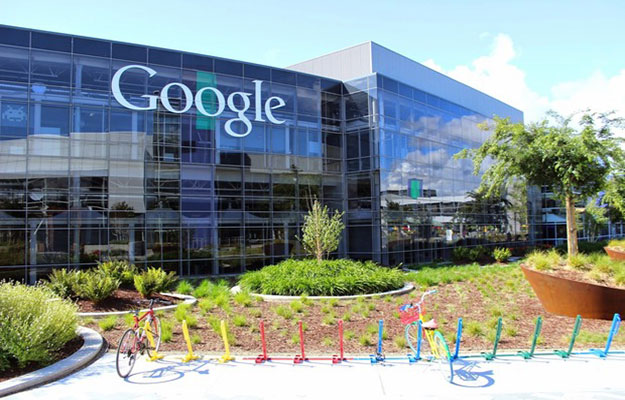Google Settles Russian Android Antitrust Case For $7.8 Million
Google has just settled a lengthy Android antitrust case in Russia. Not only is the company being fined $7.8 million USD, but it has agreed to allow the pre-installation of third-party apps. This move will make room for apps like the the local Russian search engine Yandex NV.
The decision is the conclusion of a year and a half long case. In October 2015, Russia’s Federal Anti-Monopoly Service ruled that Google violated the country’s anti-monopoly laws. The regulators demanded that Google alter its agreements with mobile device producers in order to enable the installation of third-party apps. Google had been appealing the decision prior to the recent settlement.

Google’s commercial settlement with Yandex is separate from its legal settlement with the regulator. Google will develop a “choice window” for its Chrome browser on existing devices so that users will be able to choose their preferred browser. They are also working on a Chrome widget for future devices. These developments will help Google to fulfill their obligation to “not to restrict pre-installation of any competing search engines and applications.”
Yandex currently holds a 55 percent share of the search market in Russia, while Google clings to a 40 percent share. Yandex has nevertheless argued that its share in the market has been steadily declining due to Android devices. After the recent settlement, Yandex’s shares jumped by 7% to $24.35 in Moscow and rose even higher on Wall Street.

Google has also been battling with the European Union over over allegations of monopolistic behavior. Google has been accused of exclusively promoting its own shopping services and edging out the competition. The EU wants to prevent the company from pressuring smartphone makers if they feel compelled to ignore other operating systems, however, Google has responded that the accusations are largely unfounded. Yandex, as well as FairSearch, Disconnect, and Aptoide, are also involved in this case. There is currently no resolution.
The decision is the conclusion of a year and a half long case. In October 2015, Russia’s Federal Anti-Monopoly Service ruled that Google violated the country’s anti-monopoly laws. The regulators demanded that Google alter its agreements with mobile device producers in order to enable the installation of third-party apps. Google had been appealing the decision prior to the recent settlement.

Google’s commercial settlement with Yandex is separate from its legal settlement with the regulator. Google will develop a “choice window” for its Chrome browser on existing devices so that users will be able to choose their preferred browser. They are also working on a Chrome widget for future devices. These developments will help Google to fulfill their obligation to “not to restrict pre-installation of any competing search engines and applications.”
Yandex currently holds a 55 percent share of the search market in Russia, while Google clings to a 40 percent share. Yandex has nevertheless argued that its share in the market has been steadily declining due to Android devices. After the recent settlement, Yandex’s shares jumped by 7% to $24.35 in Moscow and rose even higher on Wall Street.
Google has also been battling with the European Union over over allegations of monopolistic behavior. Google has been accused of exclusively promoting its own shopping services and edging out the competition. The EU wants to prevent the company from pressuring smartphone makers if they feel compelled to ignore other operating systems, however, Google has responded that the accusations are largely unfounded. Yandex, as well as FairSearch, Disconnect, and Aptoide, are also involved in this case. There is currently no resolution.

